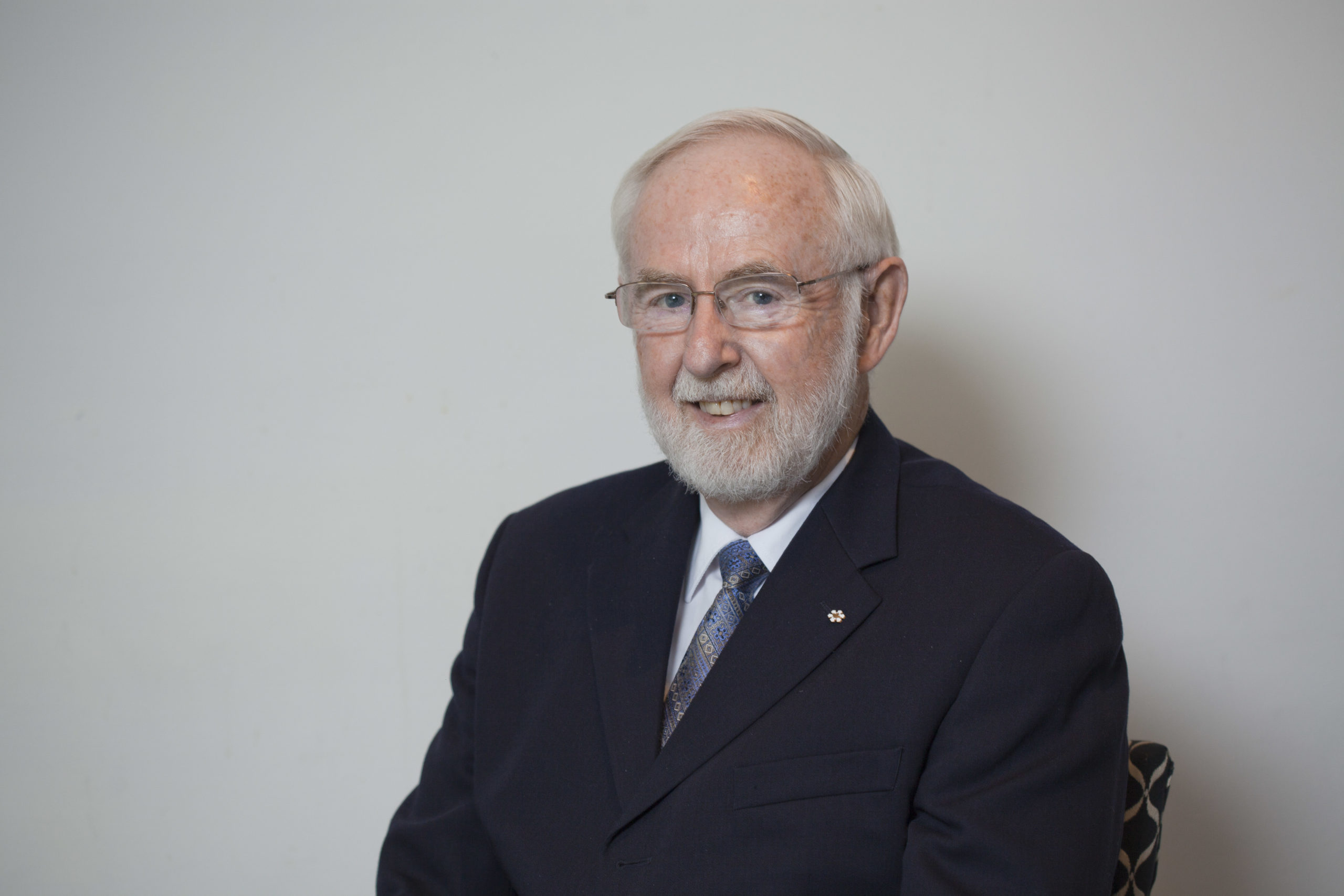Fundamental Science Priorities in Budget 2018: Evidence-Based Decision-Making
Author(s):
Dr. Art McDonald
Queen's University
Professor Emeritus and 2015 Nobel Physics Laureate

Our present government stated that they plan to use evidence-based decision-making. Their approach to fundamental science priorities in the 2018 Budget indicates that they are serious about this. In 2016, the Science Minister, Kirsty Duncan, commissioned a detailed study of the processes associated with the allocation of funding by the three major research councils (The Social Sciences and Humanities Research Council (SSHRC), the Canadian Institutes of Medical Research (CIHR) and the Natural Sciences and Engineering Research Council (NSERC)) and the principal granting mechanism for capital infrastructure and associated operating (The Canadian Foundation for Innovation (CFI)). Although stated as a Fundamental Science Review Committee, the name was meant to include all aspects of basic research in Canada, including the humanities and social sciences and the 9-member committee, chaired by Dr. David Naylor from U of T, included experienced representatives across all of the areas.
The committee, of which I was a member, interacted extensively with the community and sought opinions about what was working, what was not, what was missing and how to improve the system. This resulted in a 280 page report in April 2017, including 35 specific recommendations on actions that could be taken by the federal government for improvements. Following the publication of the report, there was a remarkable consensus across the affected communities and strong support for the government to act on the recommendations contained in the report. Students, young researchers, professional associations and members of the general public came forward to state that the opinions that they had expressed to the committee were well summarized in the report.
The Budget presented this week provided a strong indication that when presented with evidence, the government was prepared to make decisions based on that evidence. This positive governmental response improves the systems that will be expected to provide detailed data in future on topics ranging from indigenous health to very basic science and innovation. The government appears to recognize that a healthy research system provides evidence for sensible decisions in our society while training the next generation of people who will be capable of making such decisions across the broad landscape of topics affecting society.
The community told us that support for investigator-led basic research had been falling behind for a number of years, leading to discouragement, particularly among young researchers who represent the greatest diversity in the research community. The committee report recommended that incremental funding be allocated to the tri-councils over multiple years for open competition on investigator-led proposals and that CFI funding be stabilized for the long term. The 2018 Budget responded positively in both of those key areas for a healthy Canadian research environment.
This budget had a broad focus on encouraging diversity and introduced a number of measures to improve it within the research community, including a new Canada Research Chairs program, other programs for increased diversity at post-secondary institutions and support for surveys to assess the progress on diversity in future. Responding to other recommendations, including those from other study groups, the budget proposed support for a Digital Research Infrastructure Strategy, for interdisciplinary, international and high risk/high reward proposals, for operating support for Major Research Facilities, for consolidation and streamlining of business/academic programs and a “re-imagining” of the National Research Council with improved connections with the academic research community. The restoration of balance between investments in fundamental research and the commercialization of new ideas arising from it will benefit our innovative economy and encourage our younger generation to participate.
The example of evidence-based decision-making provided by the 2018 Budget is to be applauded and has earned respect from the research community. The willingness of this government to seek and respond to evidence will enable and encourage the research community to provide the background data for future decisions while educating the next generation of leaders and decision makers that our country needs.

